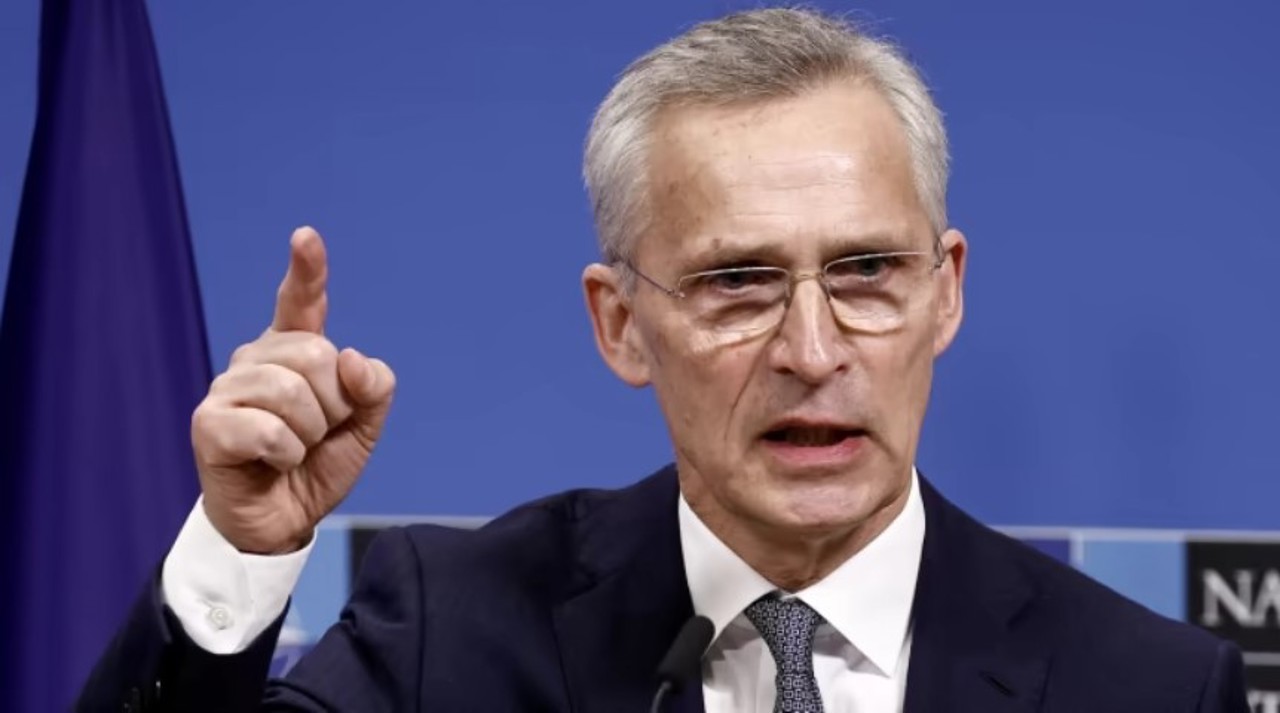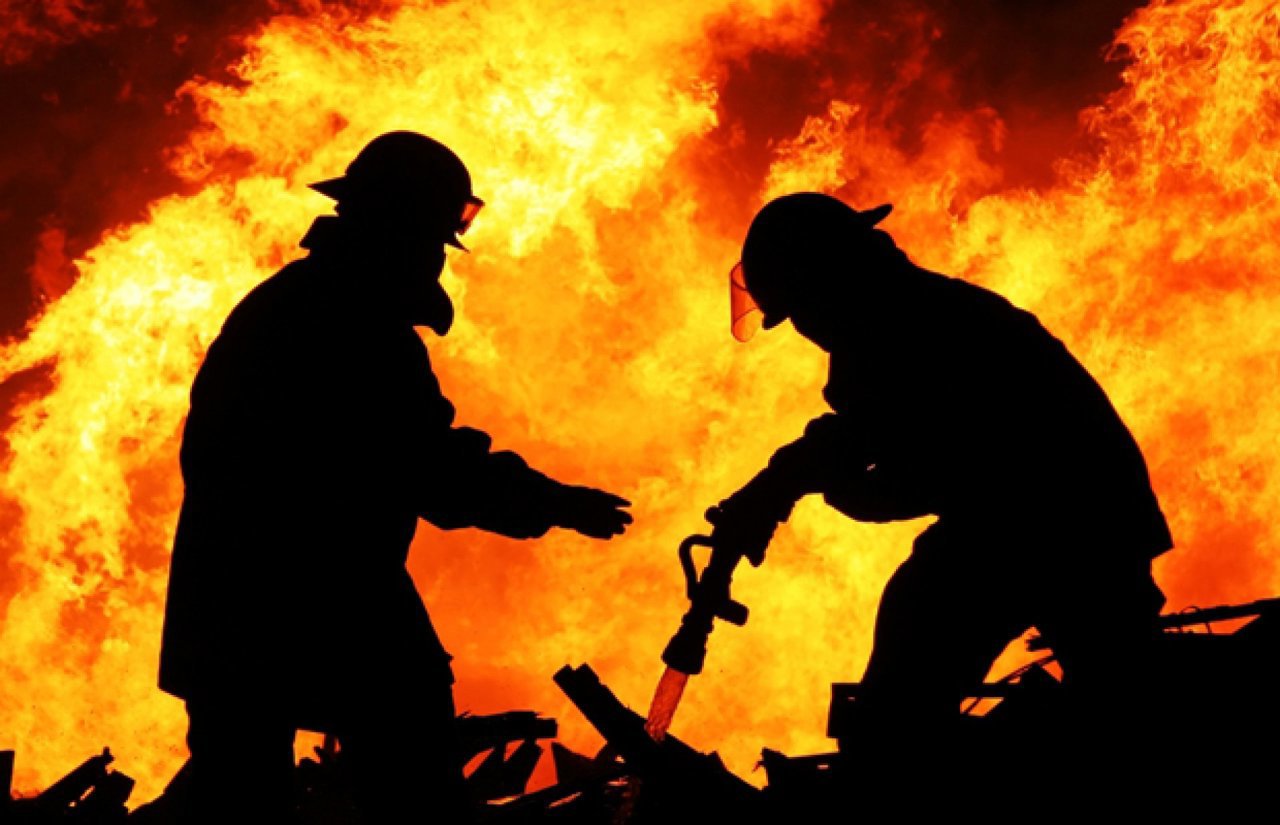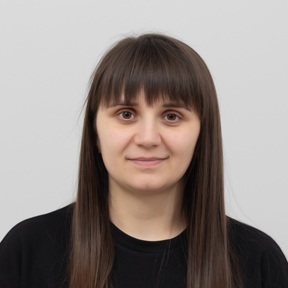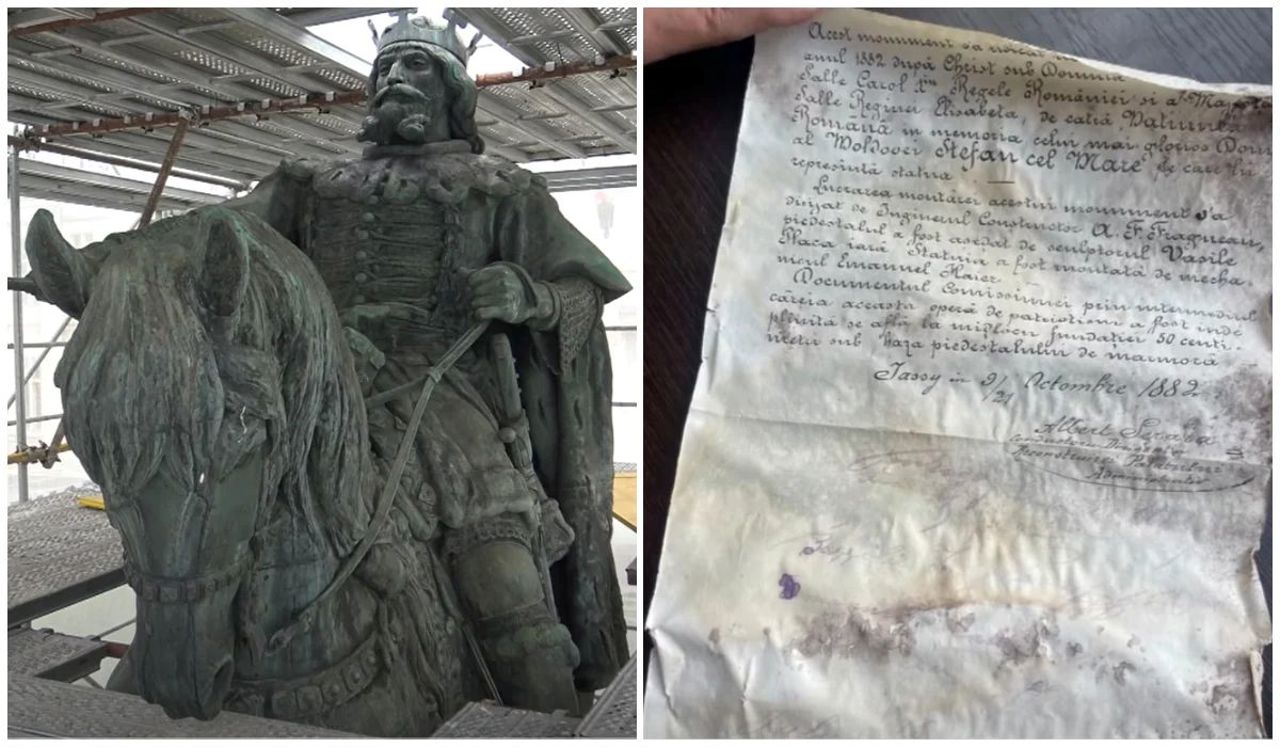Stoltenberg: China's Support for Russia Hinders Western Relations
The Western nations must avoid falling into dependency on Chinese resources, a situation reminiscent of their past reliance on Russian oil and gas, as emphasised by NATO Secretary-General Jens Stoltenberg.

Stoltenberg further contends that for China to foster positive relations with the West, it must cease its support for Russia's conflict in Ukraine.
Stoltenberg underscores Russia's reliance on Chinese support, particularly in fueling its military-industrial complex with high-tech goods, including semiconductors.
"Last year, Russia sourced 90% of its microelectronics from China, crucial components for manufacturing missiles, tanks, and aircraft. Additionally, China is actively enhancing Russia's satellite capabilities and imagery."
While China expresses a desire for amicable relations with the West, Stoltenberg asserts that simultaneous support for Russia's actions in Ukraine is incompatible with maintaining such relations.
The NATO Secretary-General also cautions Western allies against replicating their dependency on China as was the case with Russia.
*"In the past, we erred by relying on Russian oil and gas. We must avoid repeating this mistake with China. Dependence on China's finances, raw materials, and technologies renders us vulnerable,"*Stoltenberg emphasises.
Recently, US Ambassador to NATO Julianne Smith accused China of aiding Russia in its military objectives in Ukraine, as Beijing persists in selling military equipment.
Previously, US Secretary of State Anthony Blinken criticised China for bolstering Russia's defence industry, asserting that Beijing is presently the primary provider of crucial components for Russia's aggression towards Ukraine.
Meanwhile, Russian President Vladimir Putin announced his upcoming visit to China in May. This visit could mark Putin's first trip abroad since securing his fifth term in the March presidential elections, deemed illegitimate by the Parliamentary Assembly of the Council of Europe (PACE).
Translation by Iurie Tataru






